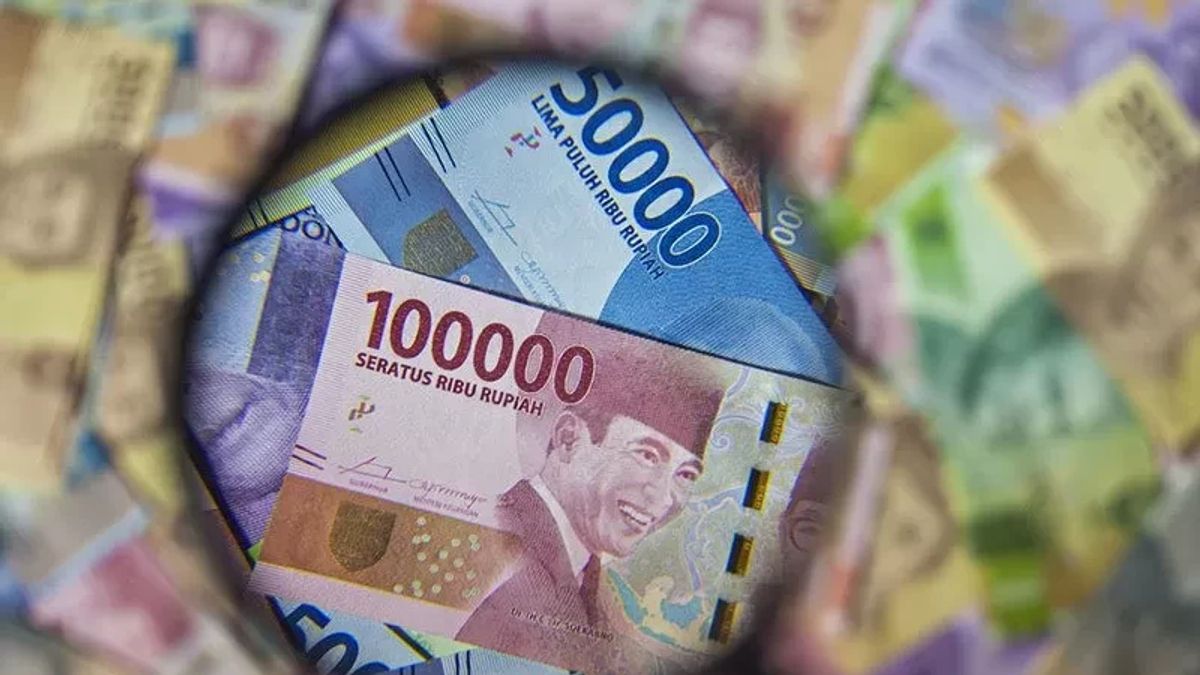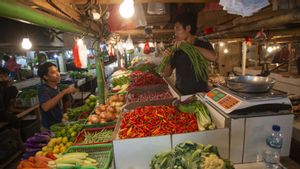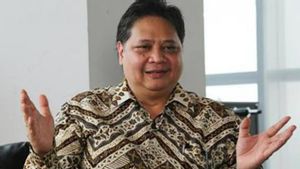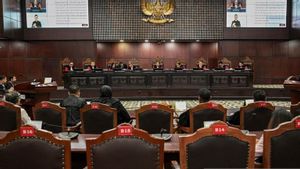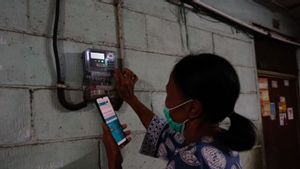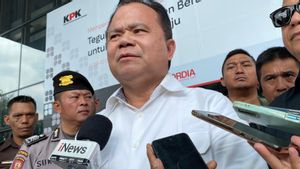JAKARTA - Economist and Director of the Center of Economic and Law Studies (Celios) Bhima Yudhistira assessed that economic growth throughout 2023 of 5.05 percent was not enough to lead Indonesia to become a developed country. According to him, economic growth of 7 percent to 8 percent can only achieve this target
"So the growth of 5 percent is certainly not enough, if we want to become a developed country, the average must be 7-8 percent growth," he explained to VOI, Tuesday, February 6, 2024.
According to Bhima, with the remaining time, the government must shift the target to become a developed country into an even country.
"So the issue is not to become a developed country but to become a country with inequality, both rich and poor, inequality in land ownership, inequality in ownership of assets that must be reduced and reduced," he said.
However, Bhima said that with current economic growth, lower middle-class consumption is still depressed, due to wage regulations that are considered too small and cannot even cover the increase in food prices, which has increased by more than 6 percent.
In addition, job opportunities for formal sectors are increasingly limited and incoming investments have not been able to create large local labor absorption. According to Bhima, this situation must be addressed immediately and there are several things that can be used as breakthroughs so that the economy can grow more.
"First, we have to be free from commodity price dependence, because in the commodity sector, especially in plantations, palm oil and nickel, it tends to be investments that are capital-intensive, then there is quite extreme inequality in the commodity sector and the price goes up and down without being controlled by the government," he said.
According to Bhima, this must shift from a crude or processed commodity-based economy to a green economy to a sustainable economy so that it can create new sources of stable growth in the future.
Meanwhile, the second way is by providing more directed and measurable incentives on investments that are really labor-intensive, so that they can absorb local workers, local Umkm.
"Now, there are many incentives for the clarification of the industry, for example, the clarification for nickel is not right on target, so it must be re-evaluated," he added.
SEE ALSO:
Furthermore, by encouraging household consumption, in order to protect the lowest people, such as social assistance (bansos) and adequate infrastructure facilities. Meanwhile, for the middle class, the key is political stability.
"In political stability, we see that there are many blunders by the President which make us concerned, so that the political situation tends to be bad ahead of the election, such as the existence of a president who wants to campaign, then the existence of a political dynasty actually causes a lot of concern for the upper middle class so that they hold back spending," he said.
Therefore, Bhima suggested that the level of public trust should be restored and the President must maintain independence in general elections and make elections run democratically.
The English, Chinese, Japanese, Arabic, and French versions are automatically generated by the AI. So there may still be inaccuracies in translating, please always see Indonesian as our main language. (system supported by DigitalSiber.id)
